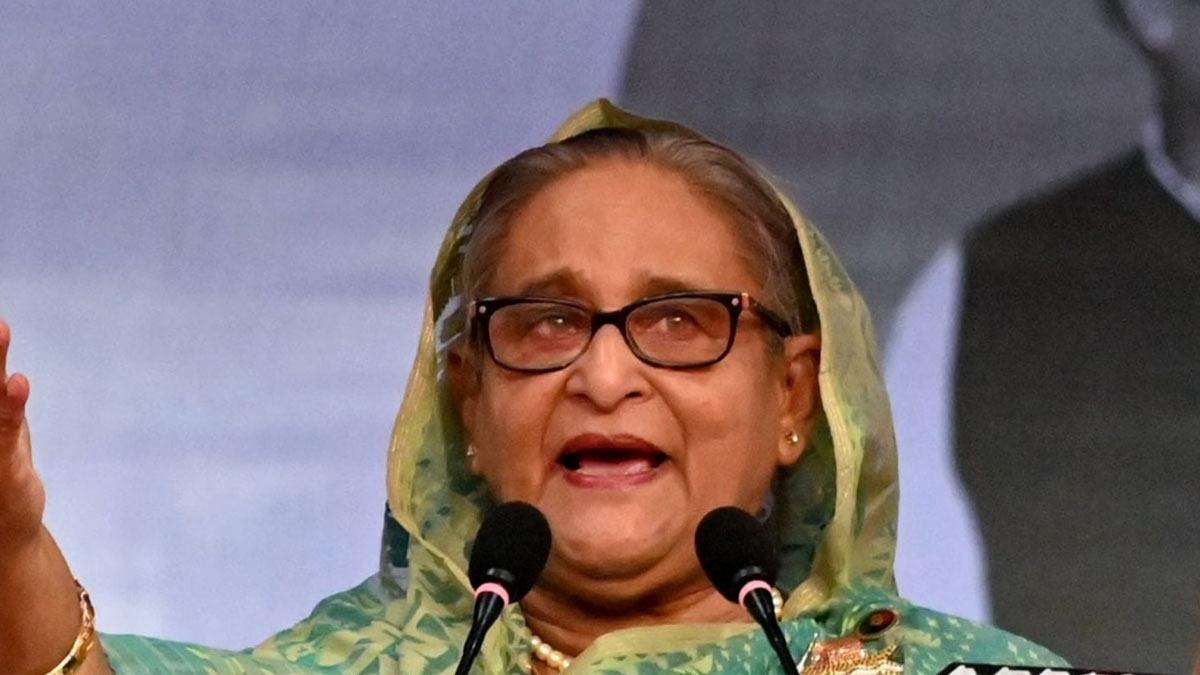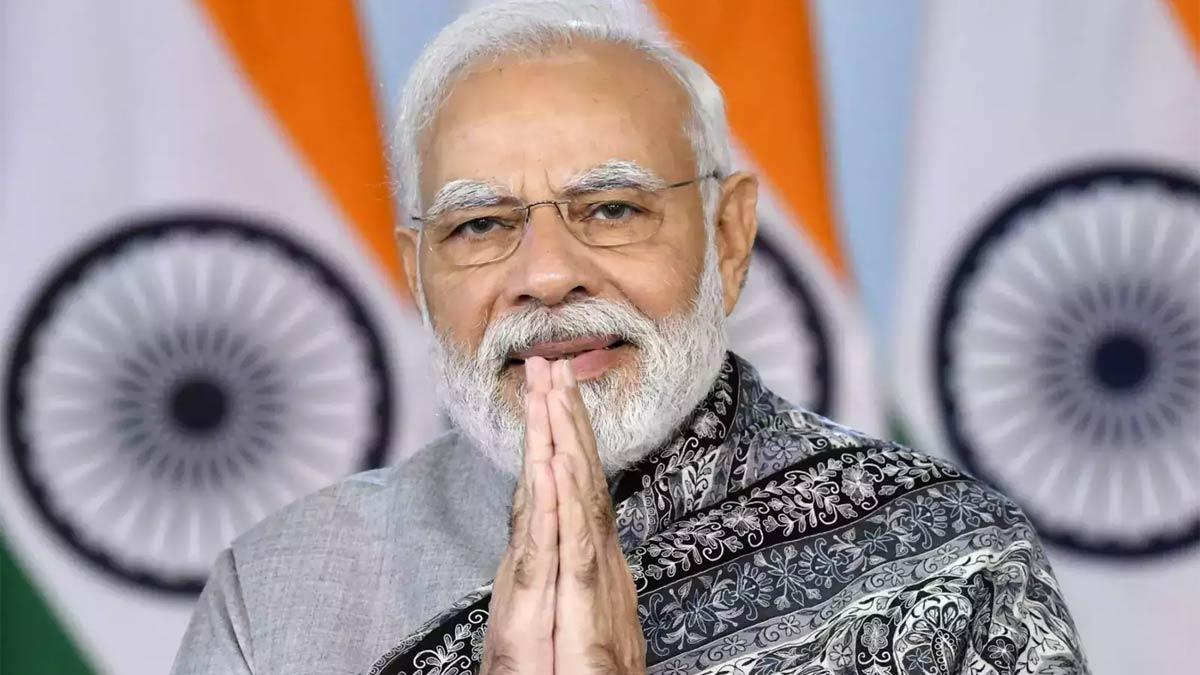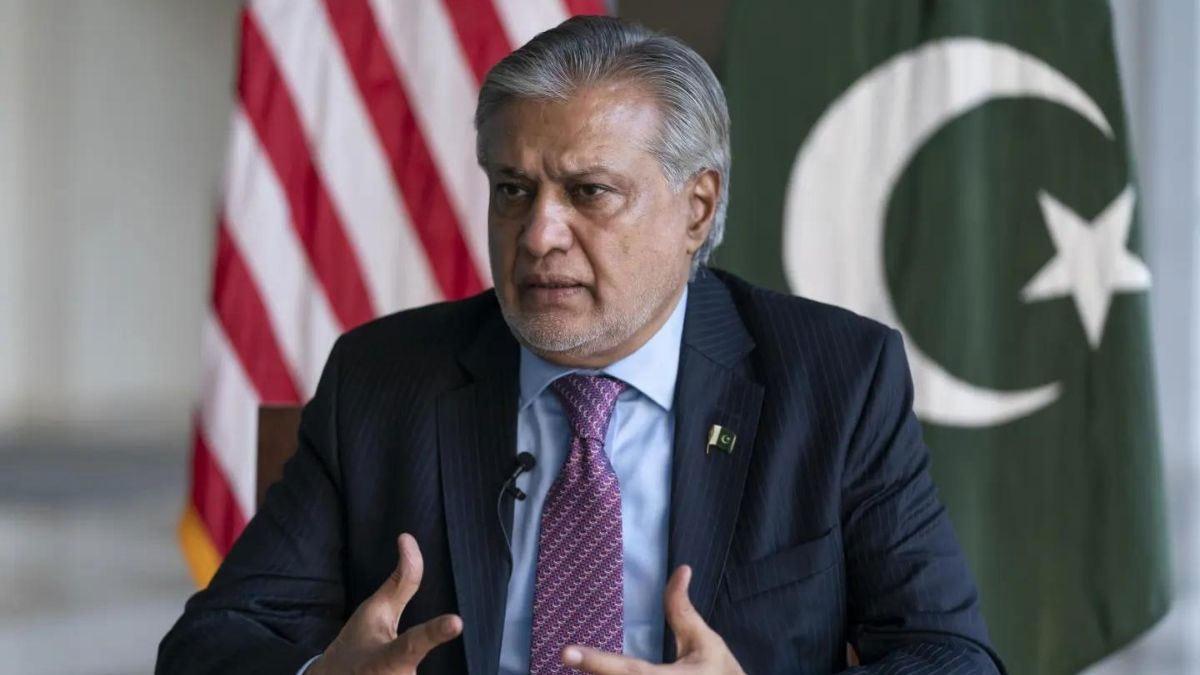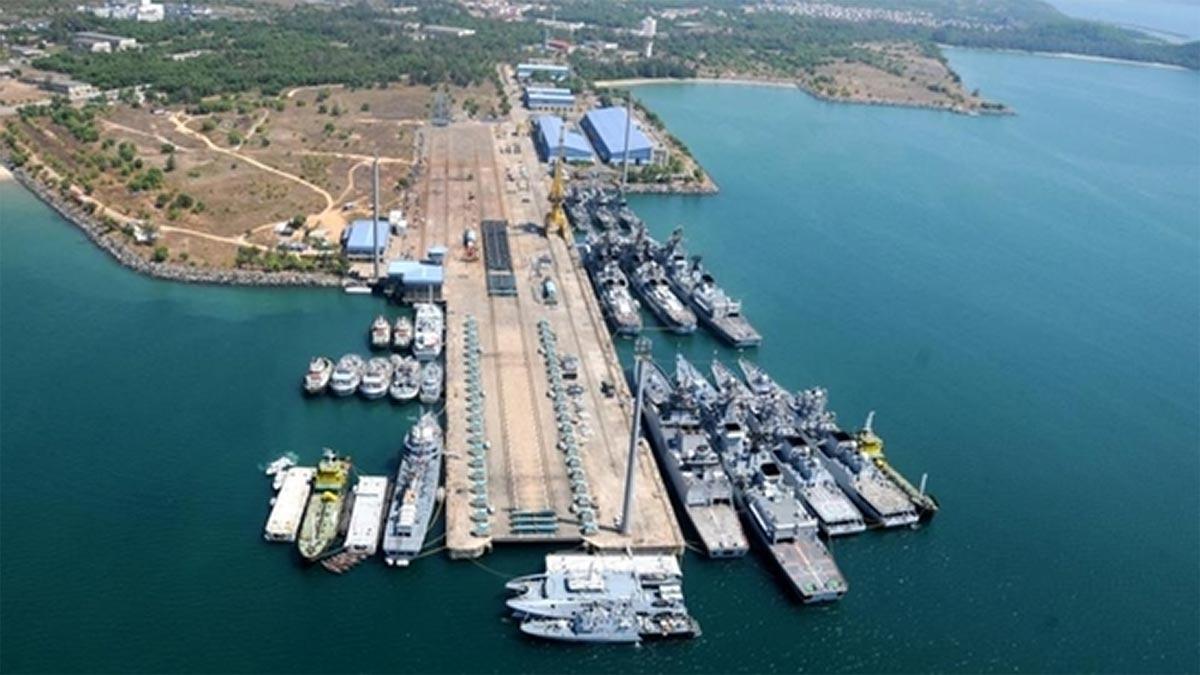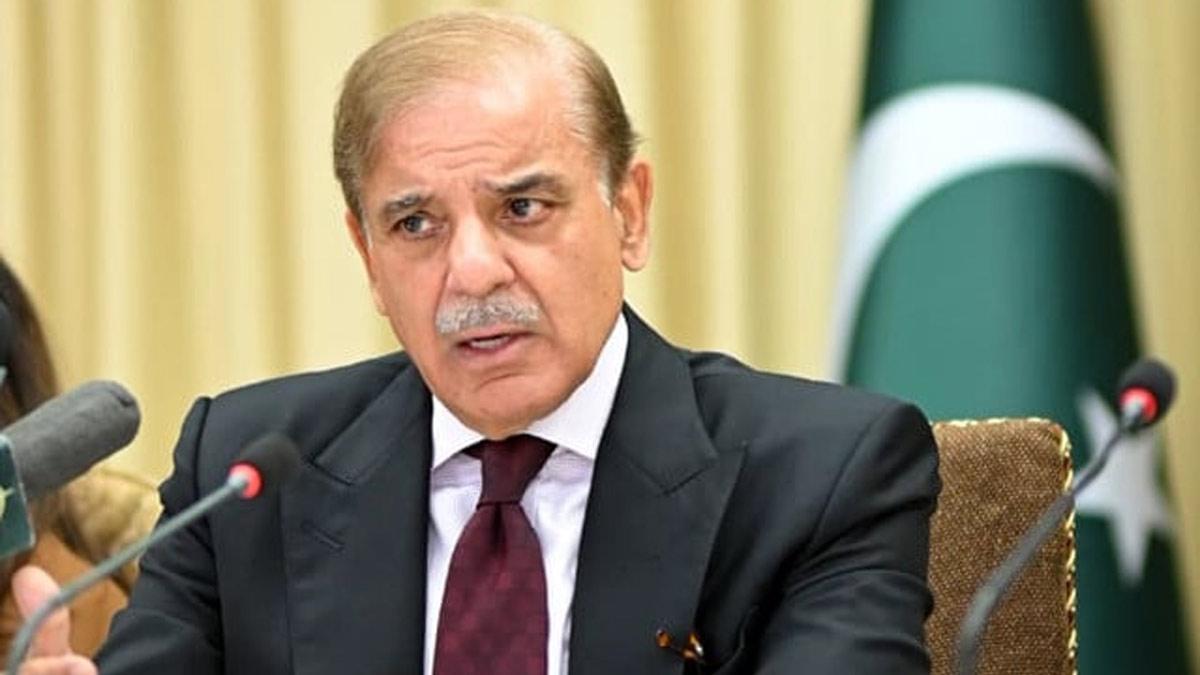Jatiya Party chairman Ghulam Muhammed Quader has said that the people blaming India for the flood situation in Bangladesh are perpetuating a misplaced narrative that is capitalizing on an existing anti-India sentiment to unjustly lay the blame on New Delhi for a natural disaster.
Jatiya Sangsad, the last Parliament dissolved on August 6 a day after Prime Minister Sheikh Hasina resigned and fled the country following deadly protests against her government over a controversial quota system in jobs. Was the Leader of Opposition in that one, Quader said that Hasina should be extradited from India to stand trial at a Bangladeshi court for all the crimes committed by her and her regime.
People in both countries want good relations, no doubt. But you have to stop acting one country is the supreme lord and the other country is merely a servant. Treat each other as equal partners," the former Bangladeshi cabinet minister told PTI in an interview.
Reflecting upon the "India-out" campaign in Bangladesh, Quader said, "The animosity is not against India but against its policy of unquestionable support for one particular political party and its leader despite several allegations of misrule and ushering in a dictatorial regime in the country."
"Blaming India for floods in Bangladesh is not right. It is a wrong narrative.". How can you blame someone for floods or any natural calamity? It is normal that water will flow down to lowland areas. The problem we face is less release of water from India. But during the rainy season, if water is not released, then the dams situated there could collapse and cause a calamity of much bigger magnitude," the 76-year-old leader said.
"It would have been better if there was an early warning from India so that we had time to prepare," he said.
His remarks came in the backdrop of reports emerging from Dhaka blaming India for the floods in Bangladesh.
Monsoon rainfall-triggered floods, another hazard, have killed several people in deltaic Bangladesh and upstream Indian regions, and marooned or affected nearly three million others in Bangladesh, posing a huge administrative challenge to the newly-installed interim government amid the political transition.
Dhaka By denying some reports published in Bangladesh as baseless and factually incorrect, India refuted the blame game in Dhaka that the current flood situation in some parts of the country was the result of a dam at the Gumti River in Tripura.
Floods caused a problem in shared rivers, the MEA said in New Delhi, that affected the people on both sides and essentially required close mutual cooperation for resolution.
"Those who don't understand the situation and are using the present anti-India sentiments are trying to mislead people. Naturally, water will flow from the higher elevations to lower elevations. If excess water is not released from dams, then dams might collapse, leading to a bigger disaster," Quader said.
Bangladesh is crisscrossed by more than 200 rivers, transboundary rivers: 54 with upper India, accros four major basins.
Asked about the rising anti-India sentiment as India is a "time-tested friend of Bangladesh," Quader responded, "The anti-India sentiment is not against its people but against the policymakers."
"The anger is not against Indian people per se; there are still people here who desire good people-to-people relations. But the problem is that India backed the Awami League so much despite all its flaws, misrule, lack of proper elections, and corruption, that the Indian establishment is now seen as a supporter of the Awami League, and that is why people are angry and view India as an enemy of Bangladesh," he said.
"Her decision to go to India has further aggravated the situation. I believe she should be brought back to Bangladesh and be tried here. India should return her to the Government of Bangladesh," he said.
The Bangladesh interim government has cancelled the diplomatic passport of the former prime minister Sheikh Hasina as well as of all those who became members of her former Cabinet.
Talking of the future of India-Bangladesh bilateral ties, he said that both countries needed each other and should look at each other afresh with a positive outlook after the fall of the Awami League government.
"The Awami League is the past; we must look forward. Both countries need to sit down and reassess ways to improve bilateral ties. However, in a relationship between two countries, both nations should be treated as equals, and any big-brotherly attitude should be avoided. No one should behave as the supreme lord," he said.
Quader said people wish to return to a democratic process in their country at the earliest possible circumstance.
"Right now after the people's upsurge, the common masses want a proper democratic structure. For the last several decades, though the people formed the government, those governments never worked for the people," he said.
He urged reforms not only in the government structure but also in the constitution so that "no single political party or individual becomes too powerful."
"In the past we have seen parties, after coming to power, turn into autocratic regimes by undermining independent institutions. This should not happen. If necessary there should be reforms in our constitution to stop this trend," he said.
On Sunday, Quader welcomed the appeal of Muhammad Yunus, the interim government Chief Adviser, which asked people for "patience" as it is difficult to address the "mountain-like challenges" overnight.
"I think the appeal and comments he made are very positive, and these reforms must take place as soon as possible," he said.
The main objective of the reforms to be carried out by the Yunus-led interim government is to stabilize the country in different sectors.
Read also| North Korea Criticizes US Nuclear Strategy and Promises Enhanced Nuclear Development
Read also| PM Modi Invites Ukraine President to India; Zelensky Accepts the Invitation

